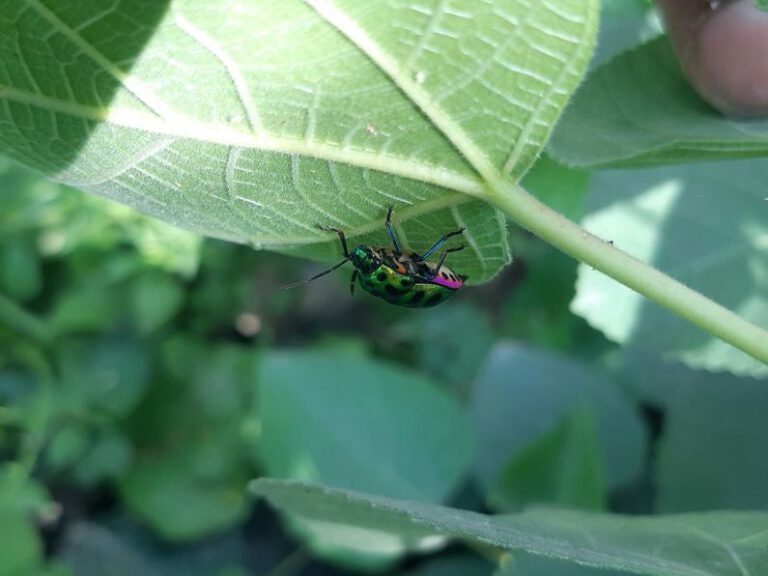Why Is Urban Gardening Gaining Popularity?
In recent years, urban gardening has been on the rise, with more and more people embracing the idea of growing their own food in urban environments. From rooftops to balconies, empty lots to community gardens, urban gardening is taking root in cities around the world. So, why is urban gardening gaining popularity? Let’s explore some of the key reasons behind this growing trend.
Connecting with Nature in the Concrete Jungle
One of the main reasons urban gardening is gaining popularity is the desire for city dwellers to connect with nature. Living in a concrete jungle can often leave people feeling detached from the natural world. Urban gardening provides an opportunity to bring a piece of nature into their daily lives. Whether it’s a small potted plant on a windowsill or a full-fledged vegetable garden, urban gardening allows individuals to experience the joy and peace that comes from nurturing a living plant.
Promoting Sustainable Living
Another reason for the rise in urban gardening is the increasing awareness of the need for sustainable living. As cities grow, so does the demand for food and resources. Urban gardening offers a way to reduce the carbon footprint by growing food locally and eliminating the need for long-distance transportation. It also encourages the use of organic and environmentally-friendly gardening practices, such as composting and rainwater harvesting.
Access to Fresh, Organic Produce
Many urban areas lack access to fresh, affordable, and organic produce. Supermarkets often stock fruits and vegetables that have been transported long distances, resulting in a loss of nutritional value. Urban gardening allows individuals to take control of their food supply and grow their own produce. By growing food locally, urban gardeners can enjoy a fresh and nutritious harvest right at their doorstep, thereby improving their overall health and well-being.
Creating a Sense of Community
Urban gardening has the power to bring people together and create a sense of community. Community gardens have become a popular way for neighbors to come together and share their gardening knowledge and resources. These spaces not only provide a place for urban dwellers to grow their own food but also serve as gathering spots for socializing and learning from one another. By fostering a sense of community, urban gardening helps to break down social barriers and strengthen neighborhood bonds.
Improving Mental Health
Engaging in gardening activities has been shown to have numerous mental health benefits. The act of tending to plants and watching them grow can be therapeutic, reducing stress and anxiety. Urban gardening provides an outlet for individuals to unwind, relax, and find solace in nature amidst the hustle and bustle of city life. It also offers a sense of accomplishment and pride, as urban gardeners witness the fruits of their labor and see their plants flourish.
Conclusion: Cultivating a Greener Future
Urban gardening is more than just a passing trend; it is a movement towards a greener and more sustainable future. As cities continue to expand, the need for innovative solutions to grow food locally becomes increasingly important. Urban gardening not only provides access to fresh and organic produce but also fosters a sense of community, improves mental health, and reconnects individuals with nature. It is a powerful tool that empowers individuals to take control of their food supply, reduce their environmental impact, and create a greener and healthier urban environment. So, whether you have a small balcony or a sprawling rooftop, why not join the urban gardening revolution and start cultivating your own piece of green paradise?






